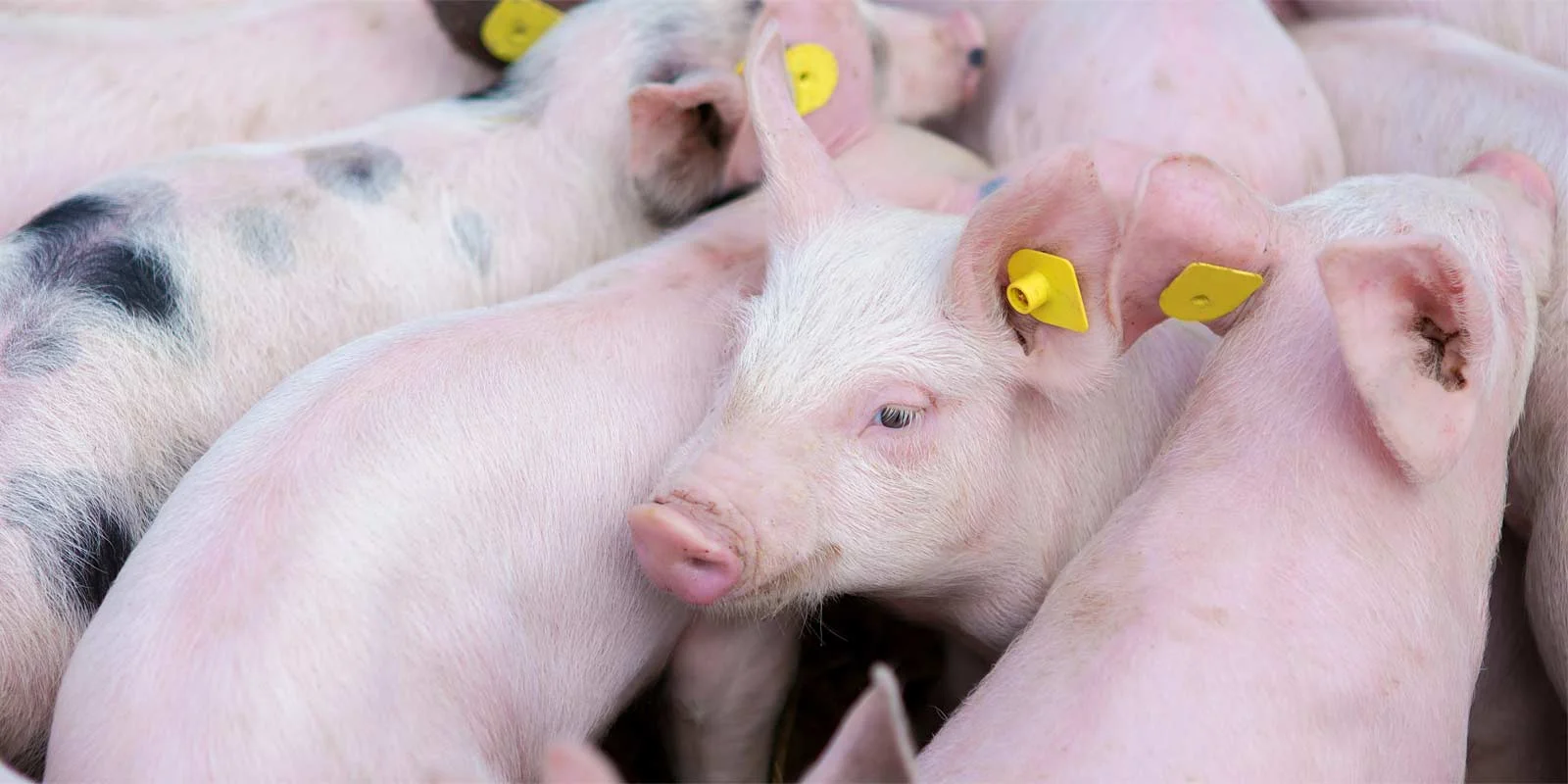On-Farm and Transport Biosecurity - Keeping our swine herds healthy
Canada's global reputation for producing high quality pigs and pork products is a result of hog producers’ ongoing commitment to enhance farm biosecurity and disease prevention in their herds.
A Priority for the Entire Hog Production Industry
Preventing the spread of diseases in Canada's pig herds is a priority for the pork industry. Biosecurity protocols in place on nearly all modern hog production facilities means the general public has no access to commercial hog operations.
Biosecurity planning helps to ensure that practices routinely carried out on your farm are beneficial to animal health. Having good biosecurity practices in place on the farm is proven to reduce the introduction of diseases. Special focus should be given to pig movements, visitors and personnel entry protocols, transport vehicle sanitation, deadstock removal and manure handling practices. Click here to read more on Visitor and On-Farm Biosecurity Visitor and Farm Biosecurity | Canadian Pork Council (cpc-ccp.com).
More information on the Canadian hog industry's Biosecurity Initiatives and research projects can be found at Biosecurity | Canadian Pork Council (cpc-ccp.com). Biosecurity training videos are available on CPC’s public website https://www.cpc-ccp.com/resources/training-videos.
Trailer Transport
Saskatchewan’s primary risk of exposure is trailer transport. The checklist below is developed to cover some of the important aspects before hogs are loaded for transportation.
Sask Pork Trailer Transport Checklist
For more information on biosecurity protocols at high-risk sites, please visit the links below:
https://www.cpc-ccp.com/resources/training-videos
https://www.manitobapork.com/animal-care/biosecurity/on-farm-disease-prevention
Porcine Epidemic Diarrhea (PED) Virus
PED is an economically devastating disease of pigs that does not affect humans or other animals and does not pose a food safety risk. Continuous improvements to biosecurity protocols on Saskatchewan hog farms and a commitment to enhanced transport biosecurity by swine transporters, have resulted in zero cases of PED at any Saskatchewan pork production operation. Read more on PEDv: PEDv Factsheet - April 2019
Producers are reminded that any high-traffic sites, such as auction markets, assembly yards, abattoirs, and scrape-out sites, are potential sources of contamination and must be treated as potential sources of disease at all times.
Changes in prevalence or type of diarrhea in your pigs could be a sign of PEDv. You should:
Report this ASAP to your herd veterinarian.
Ensure you have up-to-date records of recent pig movement.
Should you have any other questions, please contact your herd veterinarian or Ravneet Kaur at (306) 343-3502 or rkaur@saskpork.com.

